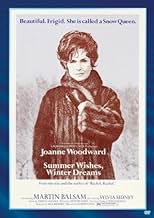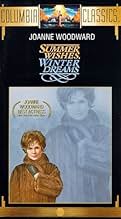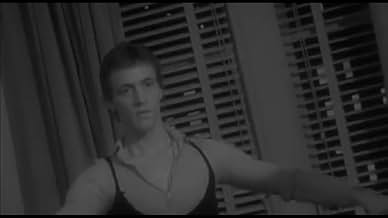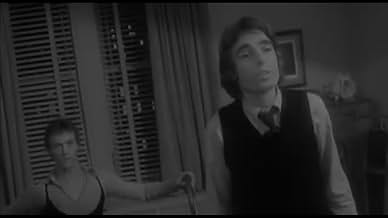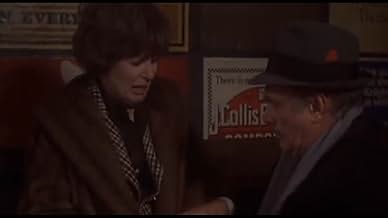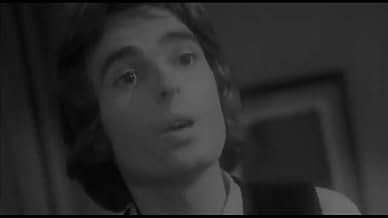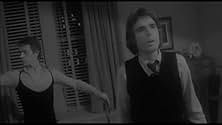Uptight, possibly frigid, panic-stricken middle-aged New York housewife has to learn to let go of the past, a refuge which doesn't necessarily bring her happiness but does provide her life with some kind of stability. Joanne Woodward gives a good performance here; not at all vain, and unafraid to let herself be pinchy, selfish, or even annoyingly helpless, Woodward overcomes this rather dreary "woman's picture" material with thoughtful touches and nuances. It's a heavy load however, and she doesn't have much help until the final reel when her needling, provoking matron takes a European trip with her husband (Martin Balsam, also doing fine work) and she comes to see her humanity as something she can work with as opposed to frittering it away. Screenwriter Stewart Stern's dialogue is heavy with a writer's pretensions, and often the chit-chat is pedantic, forced and unreal. Near the beginning, Woodward gets a phone call from her mother and asks, "Who is this?" A few scenes later, Woodward becomes exasperated with her husband and asks, "How many years have we been married?" These moldy exchanges are lazy outs for a writer wanting to introduce us to the characters; instead of letting us discover these people and their hang-ups for ourselves, everything is spelled out (and poorly so). We are to understand that Joanne's estranged son is gay after she has a dream in which a male dancer is caught in the boy's bedroom--in ballet tights! The 'colorless' color cinematography is a mix of putrid browns and greens, and director Gilbert Cates begins each new sequence with a big wind-up, as if the movie were starting all over again. The rhythm is off, and with lines like "You approach every new relationship like you would a toll-booth, Mrs. Santa Claus!", one doesn't know how to respond to the characters. It's possible that some of Woodward's jaunts to her past, both real and imaginary, will strike some viewers as very personal, but the film isn't especially moving, at least not until the final third. **1/2 from ****

